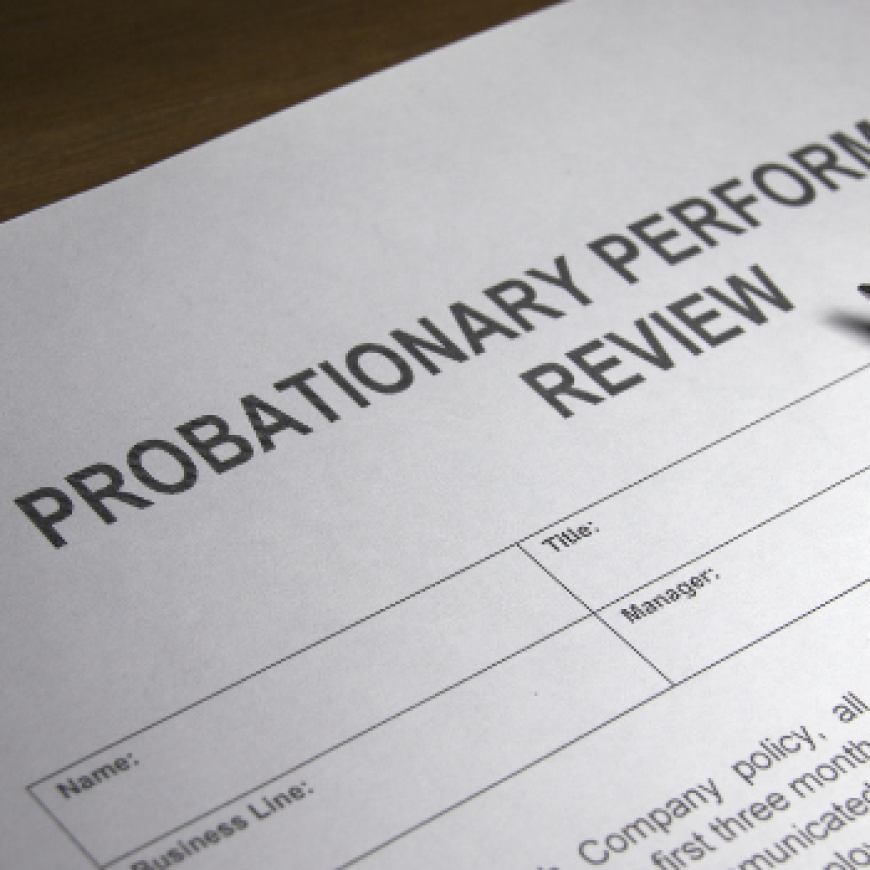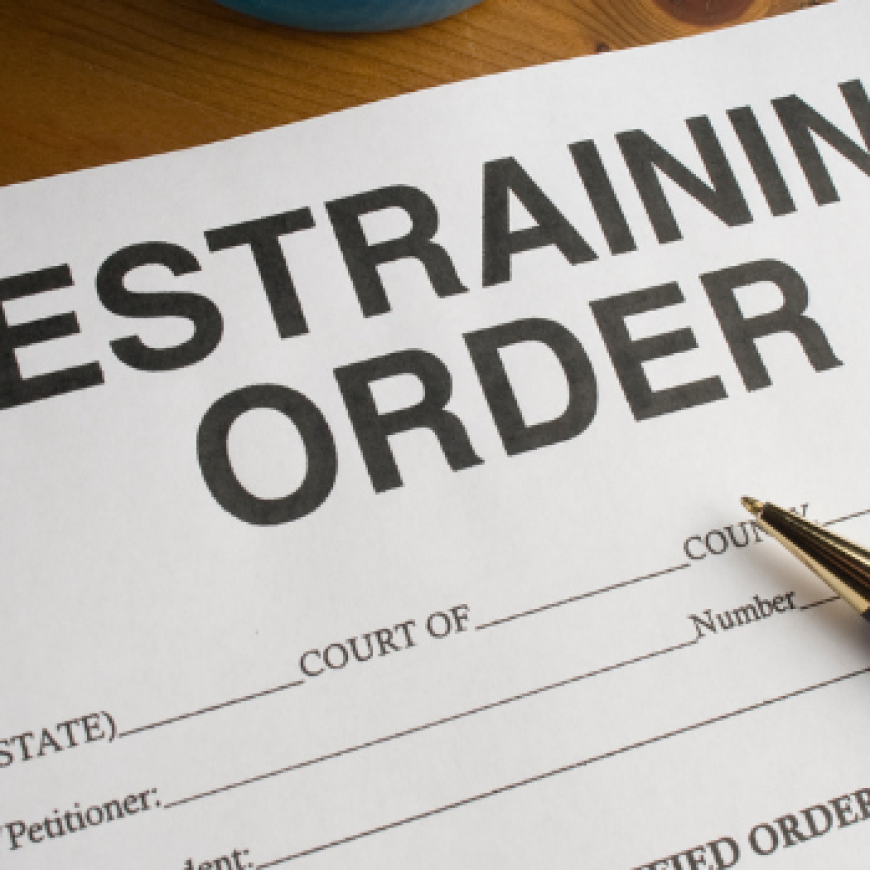If you’ve ever committed a serious crime in Texas, there’s a chance you’ll be indicted. Since this is a complicated process that can result in prison time and fines, it’s important you have an idea of how the Texas indictment process works.
Here are the facts about the felony indictment process in Texas.
What Is a Felony Indictment in Texas?
In Texas, an indictment means you’re formally charged with a felony. This is different from an Information or a Complaint, both of which refer to ways to inform you of misdemeanor charges. When you get a Texas indictment, you know you’re being accused of a felony, and you’ll quickly find out what specific crime you’ve been accused of when you’re indicted.
Difference Between Charged and Indicted
Not everyone knows the difference between charged and indicted. When you’re charged with a crime, it’s an allegation that you committed a crime—usually a misdemeanor. But when you’re indicted in Texas, you’re being charged with a felony.
To be indicted, the prosecutor must take evidence to the grand jury, and the grand jurors then must vote to indict you. They might first talk to witnesses or request more evidence. Then the grand jury votes, at which point nine of the 12 grand jurors must agree there is probable cause of your guilt before they can indict you and take the case to trial.
Thus, indictments are issued in Texas by the grand jury, but only if enough jurors agree on the case. If not, no charges are filed, though the prosecutor can present the case to them again.
Felony Indictment Process in Texas

The Texas indictment process can be complex. It can either start with an arrest and charges, or simply an indictment. Each case is different, so you’ll need guidance from an experienced lawyer. Contact Seth Kretzer if you’ve been indicted and sentenced in Texas.
Can You Be Indicted Without Being Arrested?
Many people are surprised when they’re indicted in Texas because the grand jury doesn’t need you to be present to begin the indictment process. The fact is that you don’t even have to be arrested before being indicted. As long as the grand jury sees enough evidence to indict you, the Texas indictment requirements have been met.
How Long Do the Feds Have to Indict You?
If you were arrested for a federal crime, it could be years before you’re indicted. How long do they have to indict you in Texas for federal crimes? The statute of limitations for most federal crimes is five years after your arrest.
Can Charges Be Dropped After Indictment?
If you’ve been indicted in Texas, it’s possible for the charges to be dropped at any point. In some cases, if you cooperate enough to help with another case, your charges might be dropped.
If it turns out the prosecutor doesn’t have enough evidence to go further than the indictment, the court might drop the charges. If you want an experienced representative after a grand jury indictment in Texas, talk to Houston white collar crimes lawyer Seth Kretzer today.
How Long Does an Indictment Take?

How long does it take to get indicted in Texas? It depends. Generally, the grand jury has a few years after your arrest, depending on the statute of limitations.
With most federal crimes, the statute of limitations is five years. But with crimes at the state level, it can be between three and ten years. If you were arrested and are out on bond, the court generally has up to 180 days to indict you.
Arraignment vs. Indictment
What is the difference between arraignment and indictment in Texas? An arraignment varies from an indictment in a few ways. With an arraignment, you appear in court in front of a judge, who will read you the charges. Unlike with an indictment, you’re not only present at the arraignment, but you also have a chance to respond to the charges. The arraignment can only happen after you either have charges filed against you or are issued an indictment.
How Long After Indictment Does Arraignment Happen?
If you’re indicted or arrested on charges, the arraignment typically happens within 72 hours. After the arraignment, the court will either prepare for your trial or issue your punishment, depending on how you plead. You’ll want to talk to a lawyer before you make any decisions on your plea in court.
After Indictment, How Long Before Trial?
How long after arraignment is trial? Your preliminary hearing typically takes place about ten days after your arraignment if you’ve been in jail, or 20 days if you’re not in jail. Your trial needs to begin no more than 180 days after your arrest.
Now you know the basic Texas indictment requirements, the difference between charged and indicted, and which returns an indictment.
Regardless of your legal knowledge, you still need the help of an attorney to guide you through your case after an indictment. Please contact The Law Offices of Seth Kretzer today to get started.



